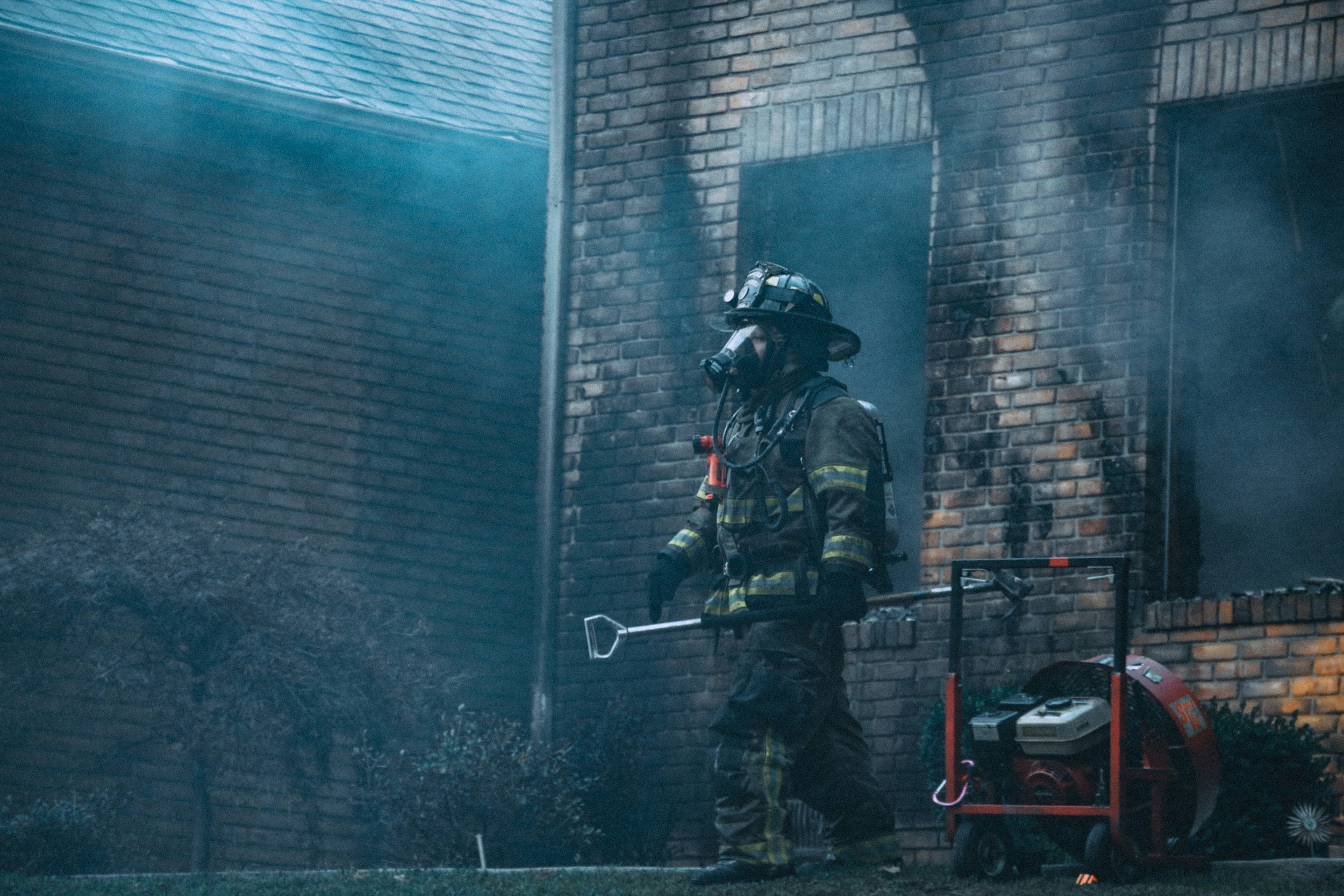
Coming Back from Treatment: The Return-to-Duty Roadmap
Returning to first responder work after treatment for substance use disorders or mental health conditions requires careful planning, clear communication, and strategic thinking about how to maintain recovery while resuming high-stress, high-responsibility work. The process involves multiple stakeholders—treatment providers, department administrators, occupational health professionals, union representatives, and family members—each with different perspectives on readiness and safety considerations.
Success in return-to-duty requires balancing transparency about recovery progress with strategic protection of privacy, demonstrating fitness for duty while advocating for necessary accommodations, and rebuilding professional relationships while maintaining recovery boundaries. Most importantly, it requires developing sustainable strategies for maintaining recovery gains while returning to environments that may have contributed to initial problems.

Reasonable Accommodations: Your Rights as a First Responder in Recovery
While first responders receive extensive training on constitutional law, criminal procedure, and emergency protocols, they rarely learn about the employment laws that protect their own rights as workers dealing with disabilities, including mental health conditions and substance use disorders.
First responders in recovery have legal rights and protections under federal laws including the Americans with Disabilities Act (ADA), the Family and Medical Leave Act (FMLA), and various state and local employment laws. However, these rights come with limitations and complexities that are particularly relevant in safety-sensitive positions where public welfare is a primary concern.
Understanding your rights as a first responder in recovery is essential for protecting both your career and your recovery. This knowledge can help you make informed decisions about disclosure, request appropriate accommodations, and navigate the return-to-work process with confidence while maintaining compliance with professional standards and public safety requirements.

Career Transition: When Leaving the Job Becomes Part of Recovery
The reality is that for some first responders, career transition becomes a necessary component of sustained recovery. This doesn't represent failure or weakness—it represents courage to prioritize health and family over professional identity when the two have become incompatible. The decision to leave emergency service work is deeply personal and involves complex considerations about identity, purpose, financial security, and life meaning that extend far beyond simple job changes.
Career transition in recovery requires careful planning, emotional support, and recognition that the skills, values, and experiences gained in first responder work can translate into meaningful civilian careers that provide purpose and fulfillment. The process involves grieving the loss of professional identity while simultaneously building new sources of meaning and self-worth that support long-term recovery and life satisfaction.